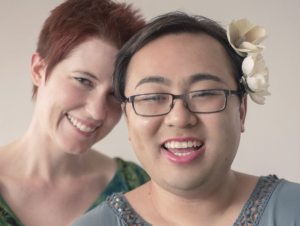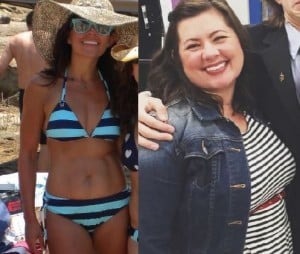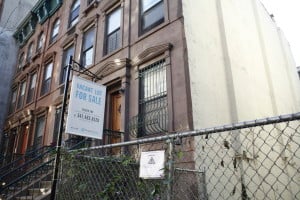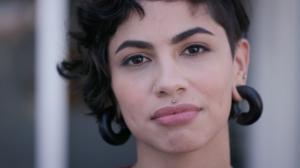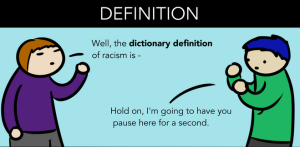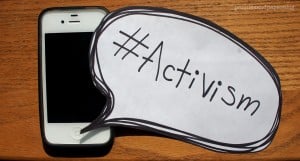Originally published on XLondonCallGirl and cross-posted here with permission.
(Trigger Warning)
When I worked as a call girl, I relied on, and needed, denial to function in life. That denial was essential in order to work. To have sex with men and women I didn’t want to have sex with, to have people see me naked, to have strangers touch my body, touch my skin anywhere they wanted with whatever body part of theirs they wanted to use, I had to be in denial.
That is what allowed me to do it without breaking, without falling apart, without realising the hell in which I was living.
To build and stabilise my denial, I told myself that I was receiving compensation for the abuse I’d suffered as a child. The shut-down (dissociation) I’d learnt to deal with childhood abuse, was the tool that enabled me to cut off when I was working. I could do this and earn substantial amounts of money and that was my compensation.
The truth is that after a very short while, dissociation wasn’t enough on its own. I had to use drugs as well. Heroin, crack, cocaine, marijuana, GHB, ecstasy, alcohol – anything. I would take any pill anyone gave me, sniff any line, inject any concoction. I didn’t care if it killed me. I had such an horrific pain in my soul and in my heart. It was essential for it to be numbed. Dying would have solved my pain problem. I wanted to die for much of my life, and numerous times, I tried.
My addiction to heroin and crack, started a short while after I began working as a call girl. When I initially started, I did it for money and freedom, not to buy drugs, but to have nice clothes, to go on wonderful holidays, to have more time to myself. I was lazy. I had a decent job, but I wanted to work fewer hours and earn more. I thought it was wonderful what I was doing.
I didn’t know at the time, there’d be a price to pay – that thirteen years later, I would still be paying the price for the abuse I allowed to happen to me. I might’ve used the money to put myself through college, telling myself what a great thing I was achieving. But by the time I got into university, I had to drop out due to my addiction and suicidal mental state.
Had I felt loved as a child, I would not have done such an unloving thing to myself as an adult. Had I known how to love myself, learnt as most children do, how to love themselves, and learnt what love feels like, I would not have been able to do such an unloving thing to myself.
But I didn’t learn those things as a child, nor did the other call girls I knew. That is how and why we did what we did, what enabled us to do it. We didn’t know how to be loving to ourselves. We didn’t learn that when we should have done because we weren’t shown it like most other women are when they are girls.
It is not that I believed I was a bad or unlovable person. I actually thought the world, and most of the people (men) in it, were bad. I believed I was doing the best I could for myself. Even when I ended up sticking needles in my arms, I felt I was doing a loving thing for myself, numbing my internal pain the best way I knew how. That’s how damaged I was.
My denial was so strong, so ingrained, that I was disconnected from my body. That is what allowed me to get right back to work the day after I was raped. I was living somewhere else, not in my body. My body was a mere vehicle from which to make money.
I expect that is why I have no memories of the faces of my clients, even my regular clients whom I might have seen every couple of weeks for a couple of years or more. They could walk past me in the street and I wouldn’t recognize them. All my memories are watching myself from outside my body. My spirit, my soul, my heart, was rarely at home there.
Because when it was, they were the times I tried to take my life. So many times, I tried to kill myself. That’s what happened when I was present, when my denial was ruptured.
XLondonCallGirl worked as a call girl in London from her very early twenties until her mid-twenties. Like 75% of women in prostitution, she had suffered abuse during her childhood and she also had post-traumatic stress disorder, which over half of women in prostitution meet the criteria for. Like 95% of women in prostitution, she had issues with problematic drug use and became a heavy user of heroin and crack. By the time she exited prostitution in 1999, she had been raped twice, fitting in with the statistic that 70% of people in prostitution have been raped multiple times. Follow her on Twitter.
Search our 3000+ articles!
Read our articles about:
Our online racial justice training
Used by hundreds of universities, non-profits, and businesses.
Click to learn more
Most Read Articles
- « Previous
- 1
- …
- 30
- 31
- 32









